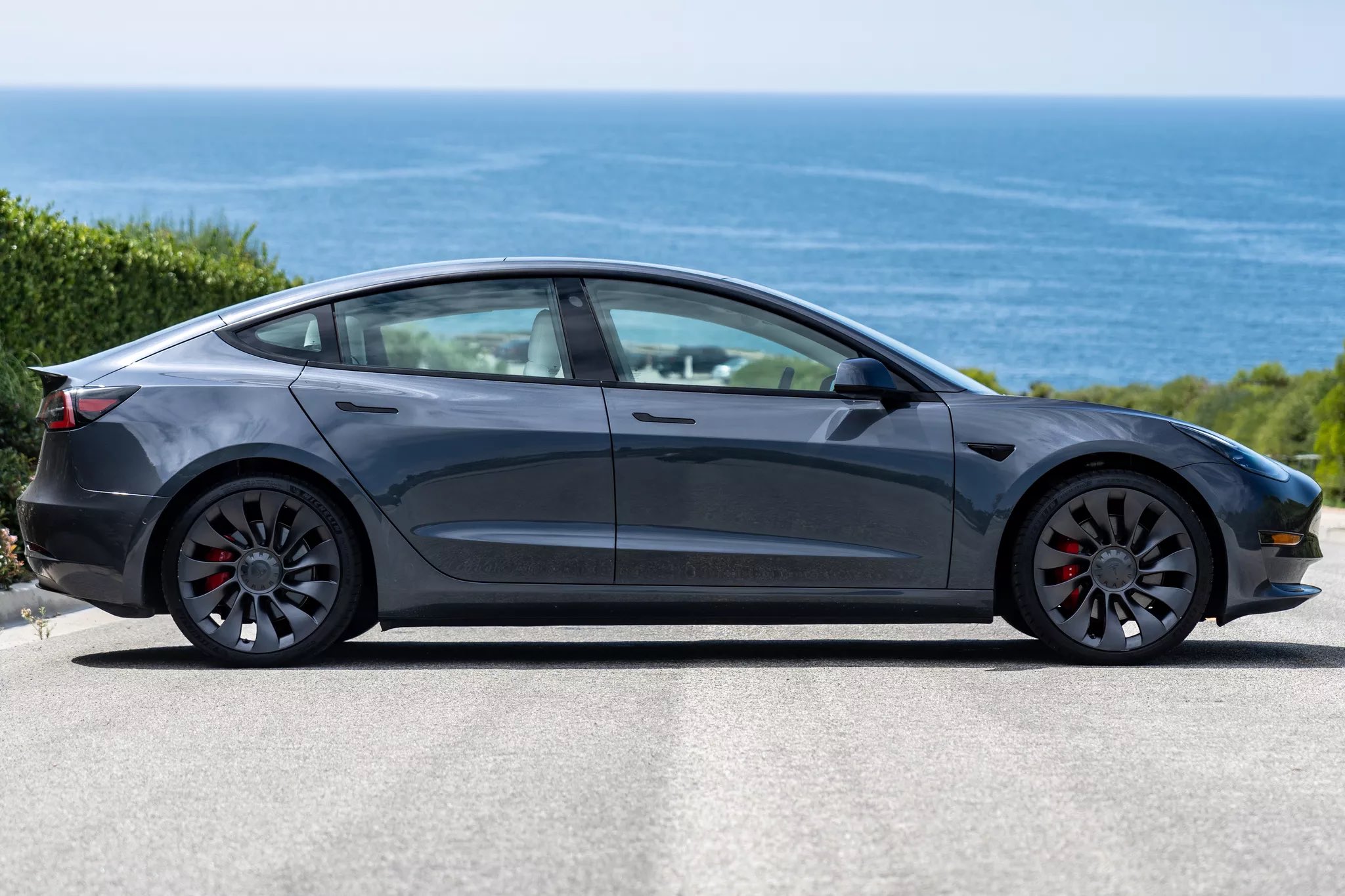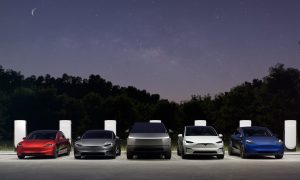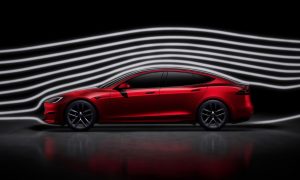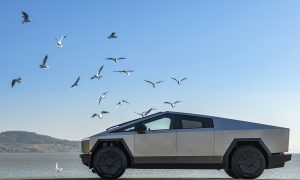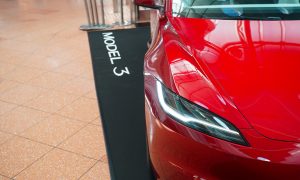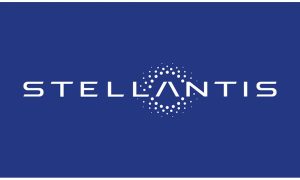The Alliance for Automotive Innovation has issued a warning about the NHTSA’s proposed fuel economy standards for 2027-2032 model year vehicles. As per the group, if the new proposed fuel economy standards are finalized, the industry’s transition to electric vehicles would be compromised.
Back in July, the NHTSA issued a proposal for fuel economy standards for 2027-2032 model year vehicles. The proposal called for a 2% per year fuel efficiency improvement for cars and a 4% per year improvement for light trucks. Standards that were finalized last year called for an 8% per year improvement in fuel efficiency for cars in the 2024 and 2025 model years and 10% in 2026.
The NHTSA’s July proposal would require an average fleet fuel economy of almost 58 mpg by the 2032 model year, as noted in an Automotive News report. The agency’s standards from last year required a combined fleet average of about 49 mpg in the 2026 model year.
During a virtual public hearing, Michael Hartrick of the Alliance for Automotive Innovation noted that the NHTSA’s July proposal “exceeds maximum feasibility.” He also mentioned concerns over penalties for noncompliance, as well as a pending rule at the US Department of Energy which could result in challenges for automakers who wish to balance their EV investments and their work to make their ICE vehicles more efficient.
“We are concerned that NHTSA’s consideration of BEVs in developing its proposed standards, despite statutory prohibitions, combined with DOE’s proposal to devalue the fuel economy of electric vehicles by 72% will result in serious misalignment, distracting manufacturers’ attention and resources from the EV transition,” Hartrick said.
Ann Carlson, the NHTSA’s acting administrator, noted that the agency’s standards would make cars in the United States more efficient. She also noted that the standards will help strengthen US energy independence, help Americans save money, and increase consumer choice. “These targets are consistent with Congress’ direction to conserve fuel and promote American energy independence and American auto manufacturing,” Carlson said.
Don’t hesitate to contact us with news tips. Just send a message to simon@teslarati.com to give us a heads up.

